How science and diplomacy inform each other
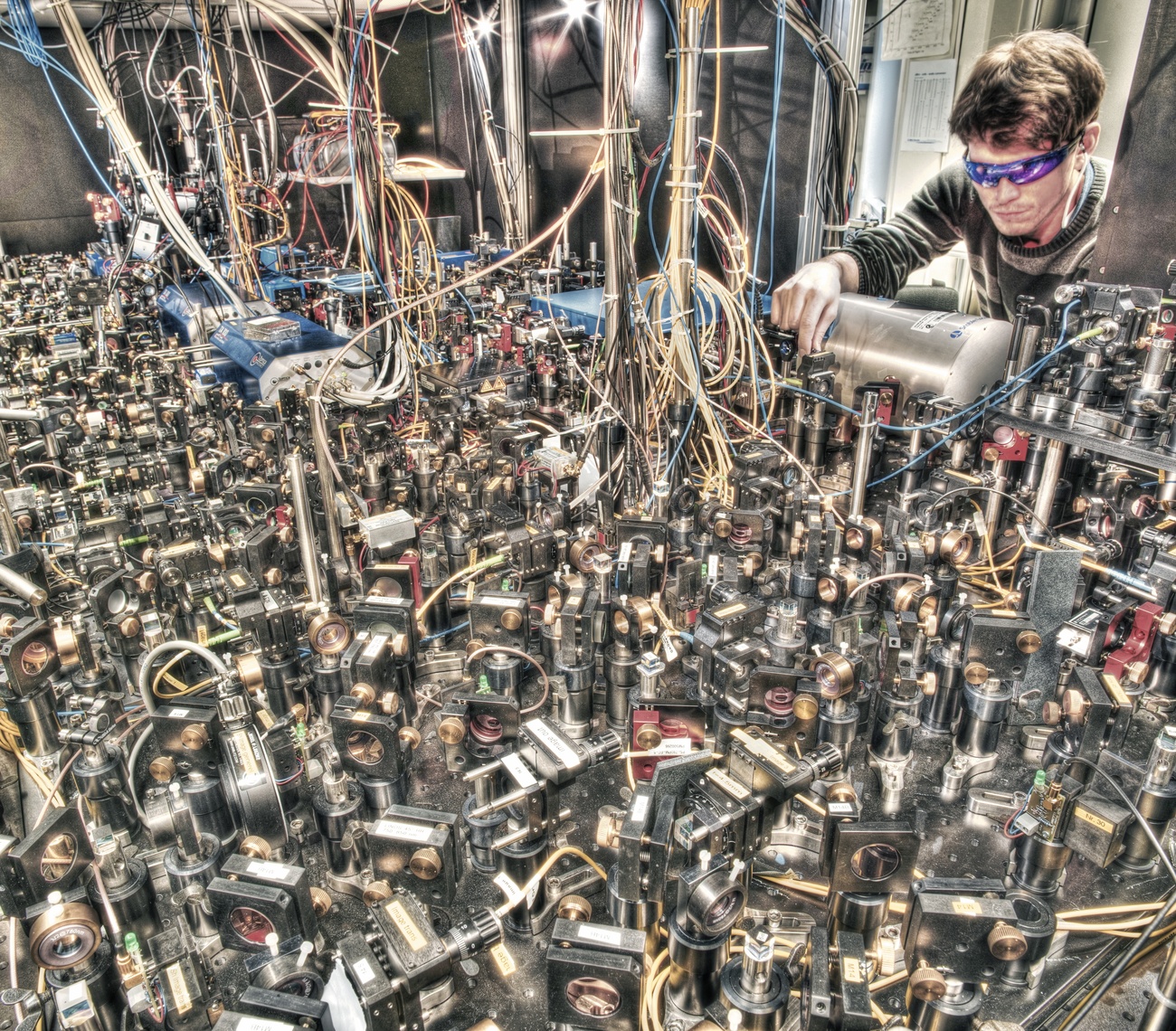
The potential of quantum computing is one of the focuses of a summit in Geneva that aims to improve the dialogue between diplomats and the scientific community to “safeguard our collective welfare”. Two researchers explain the rewards and risks of quantum computing.
The scientists, diplomats, captains of industry and investors gathering in Geneva for the first-ever summit of the Science and Diplomacy Anticipator (GESDA)External link will, among other lofty goals, discuss how policymakers should prepare for quantum computing, provide governance for it, and ensure that it is accessible to all. But what are quantum computers, and what will they be able to do?
Quantum computers perform calculations by exploiting the properties of quantum mechanics, which describes the behaviour of atoms and particles at a subatomic scale, for example, how electrons interact with each other. As quantum computers operate on the same set of rules as molecules do, they are, for instance, much better suited to simulate them than classical computers are.
Today, quantum computers are small and unreliable. They are not yet able to solve problems classical computers cannot.
“There is still some uncertainty, but I don’t see any reason to not be able to develop such a quantum computer, although it’s a huge engineering challenge,” says Nicolas Gisin, professor emeritus at the University of Geneva and at the Schaffhausen Institute of Technology, and an expert in quantum technologies.
Quantum computers could help solve some of the world’s most pressing problems. They could accelerate the discovery of materials for longer-lasting batteries, better solar panels, and new medical treatments. They could also break current encryption methods, meaning that information secure today may become at risk tomorrow.
For private companies, winning the race to develop reliable and powerful quantum computers means reaping large economic rewards. For countries, it means gaining a significant national security advantage.
Gisin says quantum computers capable of simulating new molecules could be 5-10 years away, while more powerful quantum computers that can break encryption could become a reality in 10-20 years.
The pace at which these technologies develop will depend on the level of investments made. Large technology firms such as IBM, Microsoft, and Google are all developing quantum computers, while the US, China, and Europe are investing heavily in quantum technologies.

Anticipating the arrival of these technologies is important, “because you play through different scenarios, and some you may like, some you may not like,” says Heike Riel, IBM Fellow at IBM Research in Zurich. “Then you can also think of what type of regulations you may need, or what type of research you need to foster.”
The Swiss government is a supporter of the GESDA foundation which organised its first summit in Geneva from October 7-9. The conference brings together scientists, diplomats, and other stakeholders to discuss future scientific developments and to anticipate their impact on society.
Diplomacy for science
To work well, scientists need favourable frameworks. “There is definitely a back and forth between science and diplomacy, and science and politics, because diplomacy can also advance science,” Riel says.
Politicians and diplomats are responsible for creating opportunities for researchers to collaborate across borders. Initiatives and funding aimed at addressing specific technical problems influence the direction of research efforts.
“The fact that Switzerland is outside of the European research framework is an absurdity for everyone because this is just going to harm both Switzerland and Europe,” Gisin says. “It would be really important that Europe and Switzerland understand that we will both benefit if we talk together more and collaborate more.”
Since July 2021, Switzerland has limited access to Horizon Europe, the European Union’s flagship funding program for research and innovation due to a breakdown in negotiations on regulating bilateral relations.
Science for diplomacy
Many of our problems today such as climate change or the Covid-19 pandemic are global in nature. Getting governments across the world to agree to work together on solutions is not easy, but researchers can help.
“The research community likes to work together globally, and this collaboration has helped historically to overcome certain barriers,” Riel says, emphasising the importance of communication in this regard.
Researchers working together on a global scale during the pandemic has led to vaccines being developed at a record-breaking speed. During the Cold War at the European Organization for Nuclear Research (CERN) in Geneva, Soviet scientists remained involved in projects which allowed for some communication to take place.
“In science, we have a common ground and it’s kind of universal; the scientists in the United States, Canada, Australia, Europe and China, they all work on the same problems, they all try to solve the same technical issues,” Riel says.
Informing policymakers
Scientists also have an important role to play to inform and share facts with both policymakers and the public, even if politicians cannot rely solely on scientific evidence when making decisions. The challenges of communicating fact-based evidence have been laid bare during the pandemic.
“I think it’s very important that we also inform the society of what we are doing – that it’s not a mystery that scares people,” Riel says.
Ultimately, to successfully address global challenges scientists, diplomats and politicians will have to work together.
“It’s really a cooperation between the global collaboration of the scientists and the global collaboration of the diplomats to solve the problems together,” Riel says.
More

In compliance with the JTI standards
More: SWI swissinfo.ch certified by the Journalism Trust Initiative









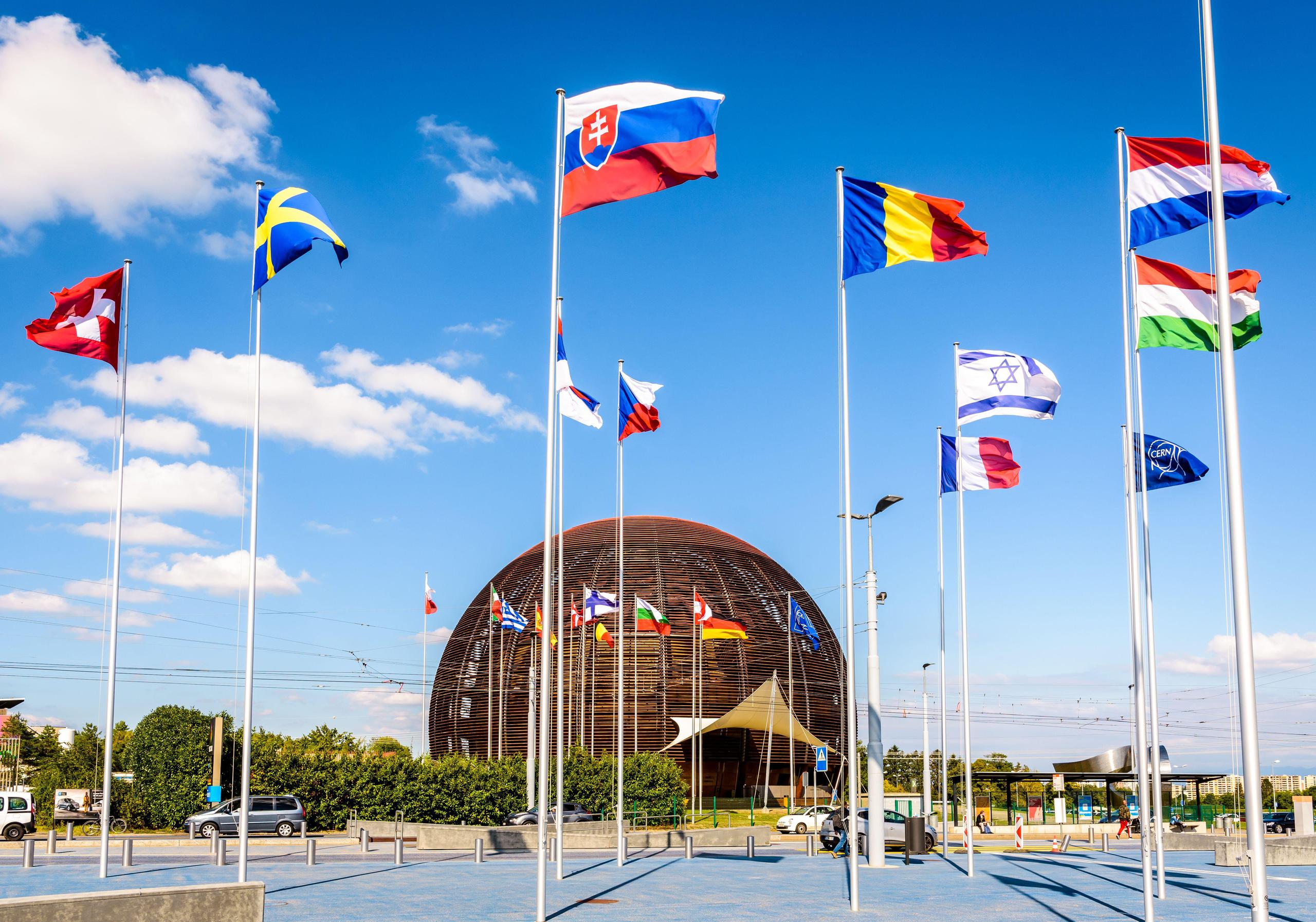


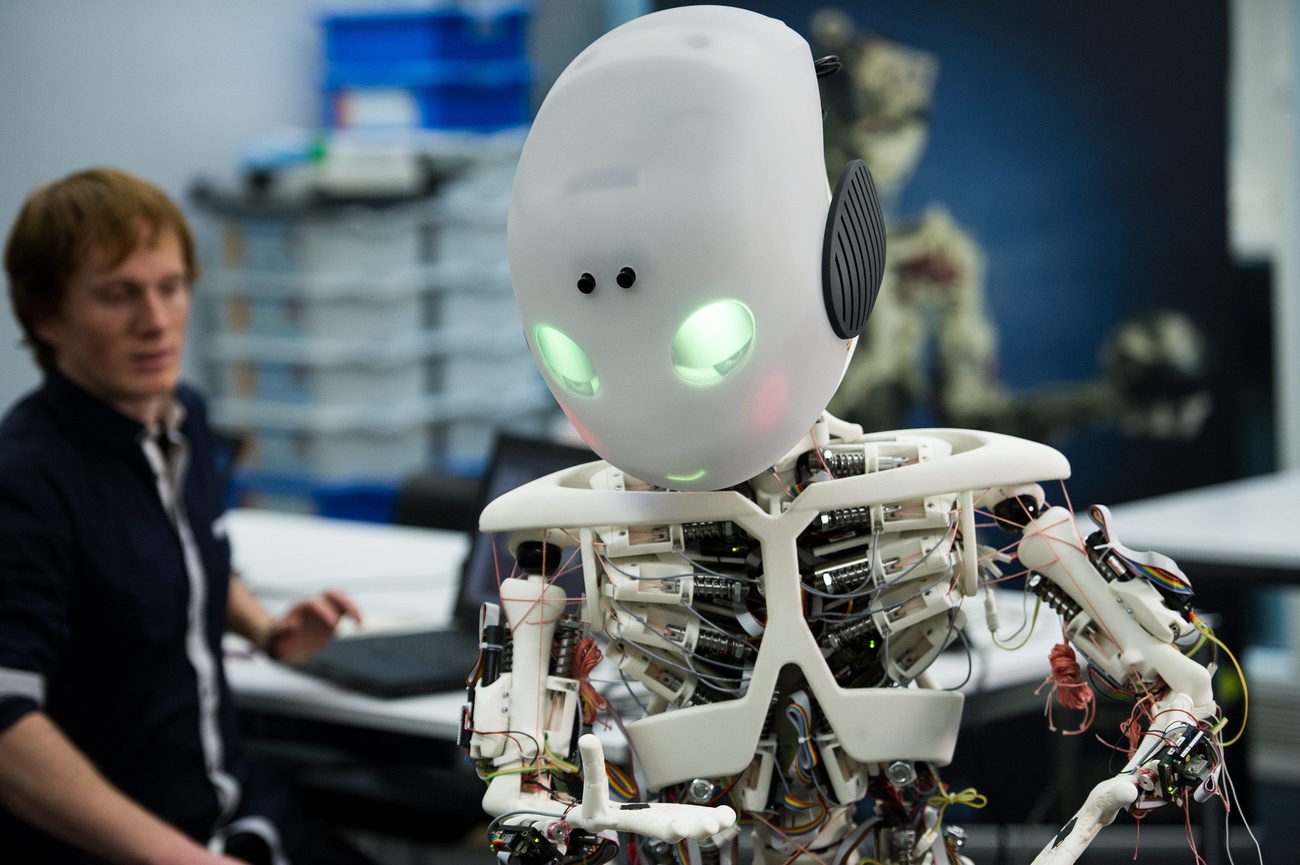
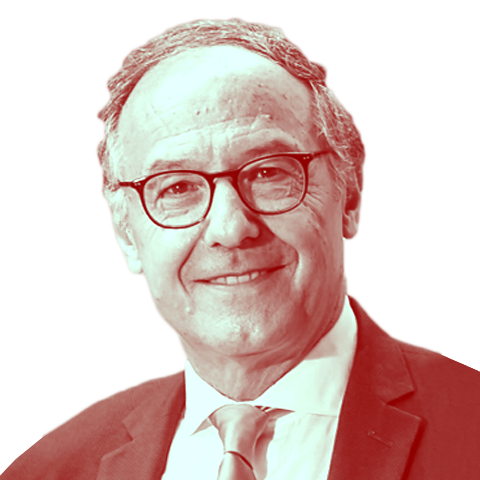
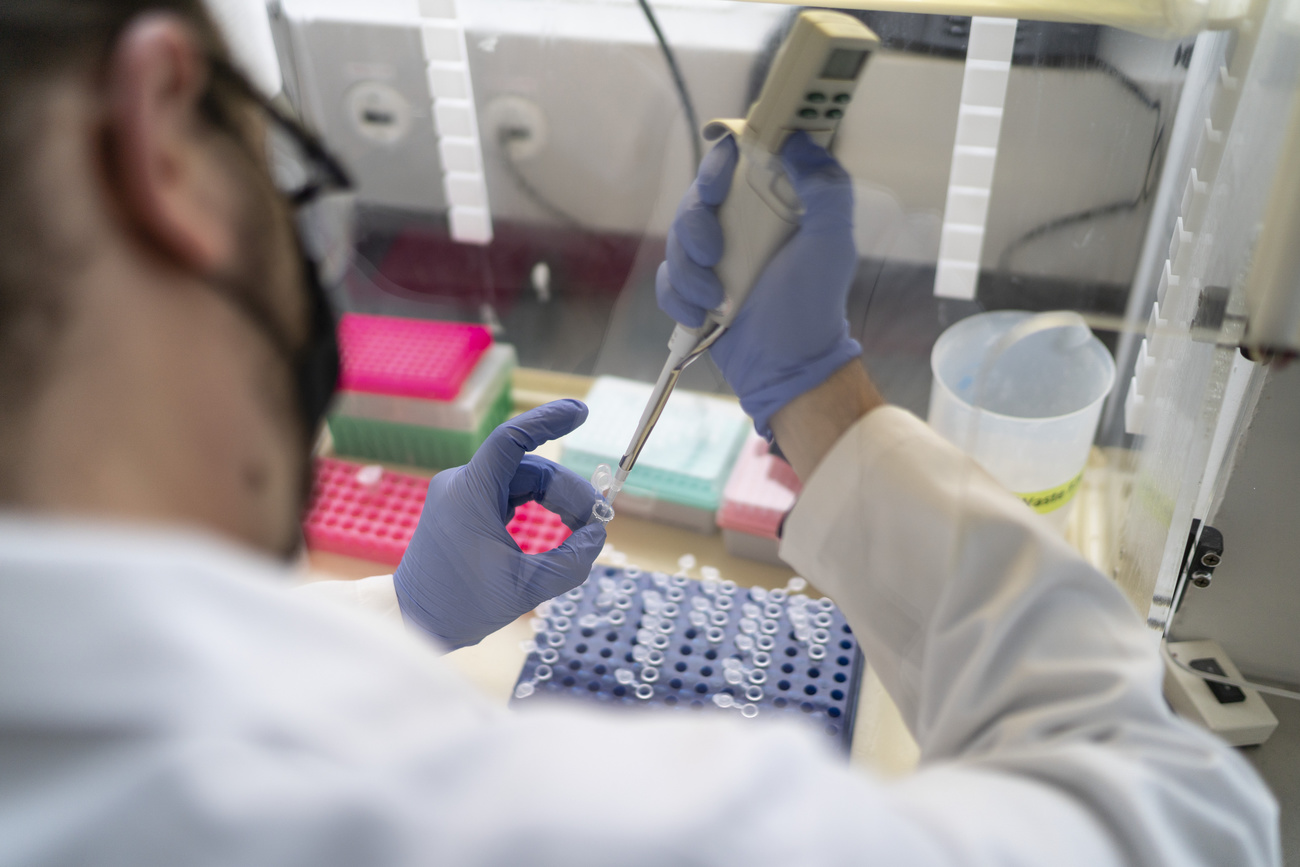
You can find an overview of ongoing debates with our journalists here . Please join us!
If you want to start a conversation about a topic raised in this article or want to report factual errors, email us at english@swissinfo.ch.